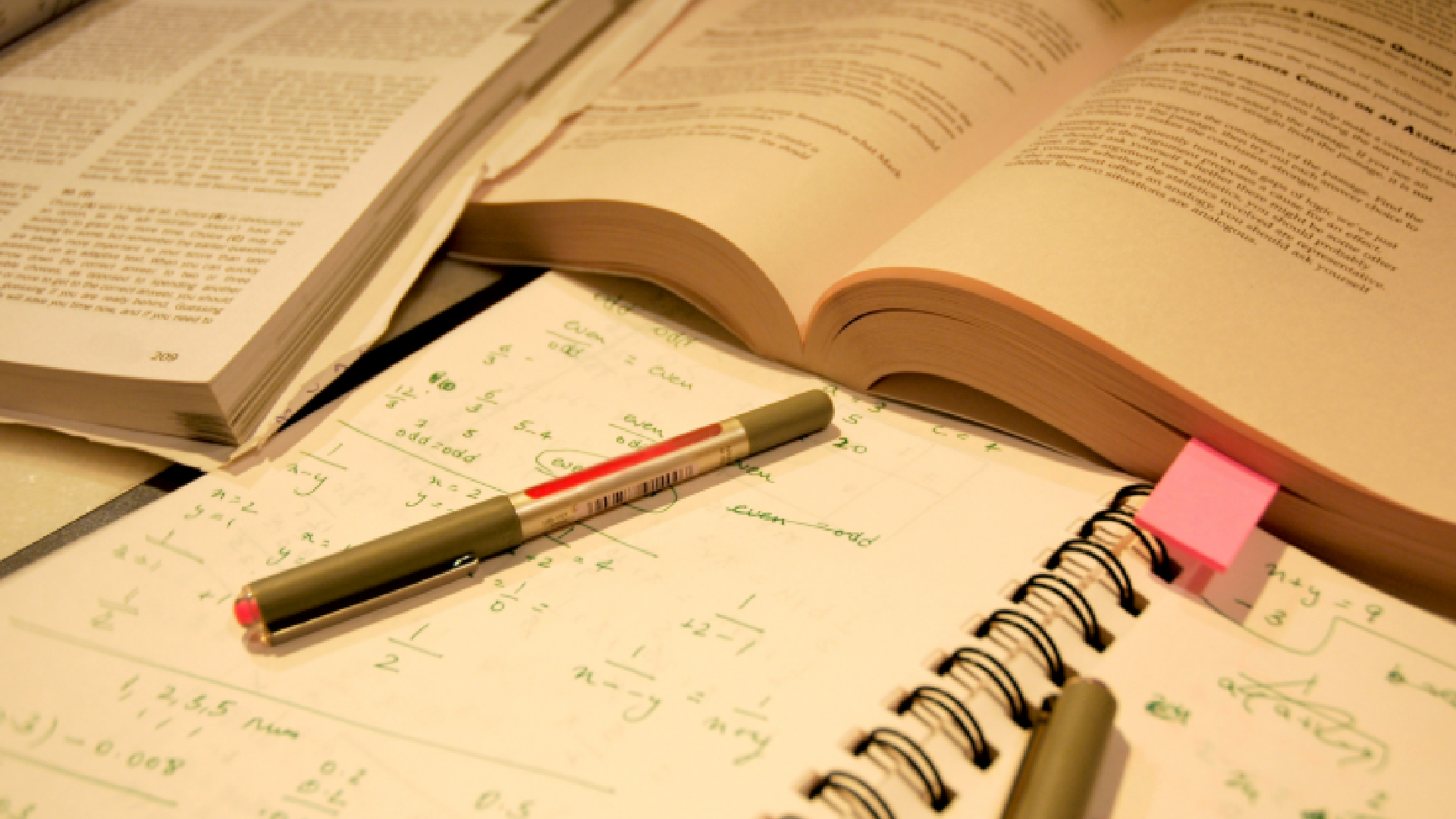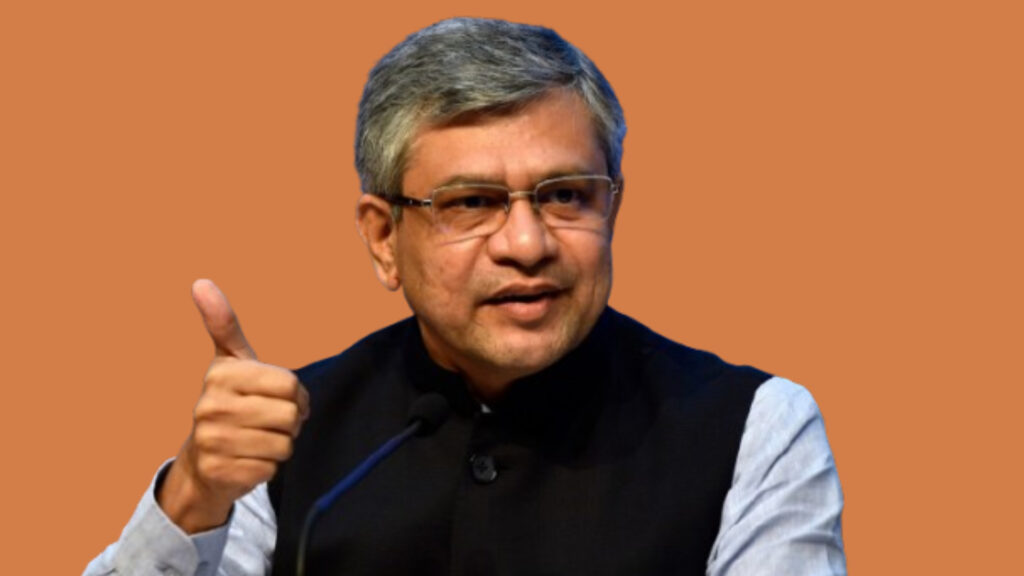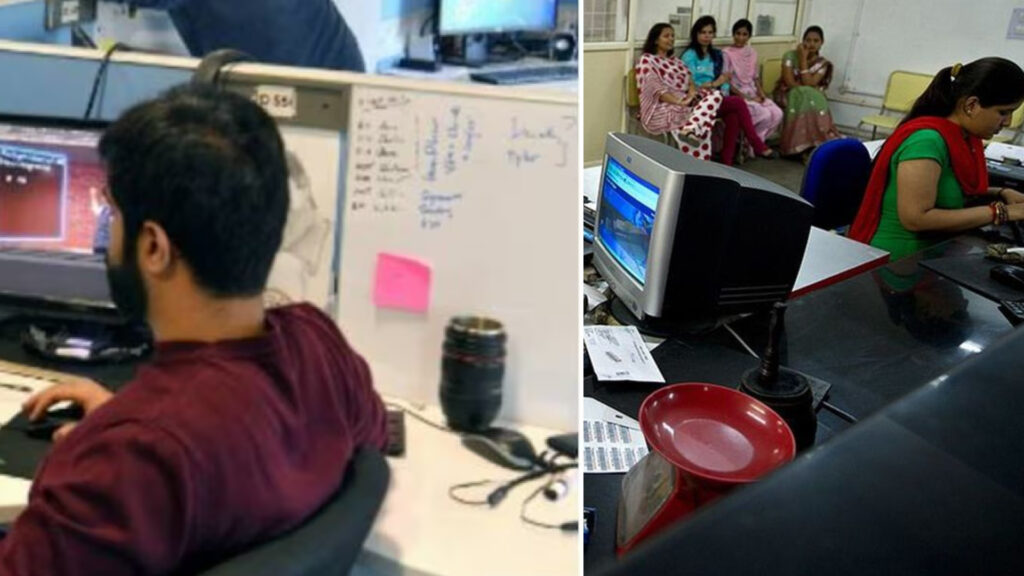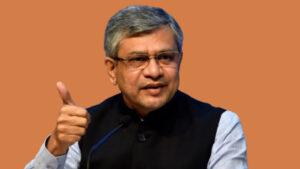How to Study Effectively: 7 Proven Strategies to Excel Fast
How to study effectively is a question countless students grapple with every academic year. Whether you’re transitioning from high school to college or simply aiming to boost your grades, understanding effective study methods can transform your learning experience. The truth is, studying harder isn’t always the answer—studying smarter is.
In this comprehensive guide, we explore seven proven strategies to help you study effectively, retain information longer, and achieve academic success without burnout. These techniques come from a blend of educational research, cognitive psychology, and practical experience, designed to help you master your coursework with less stress.
Why Traditional Study Habits Often Fail
Many students mistakenly believe that re-reading notes or textbooks will embed information deeply. However, merely reading the material is not active studying. Passive reading tends to lead to quick forgetting and superficial understanding.
Consider how many times you’ve skimmed through notes only to realize hours later that you can’t recall key concepts. This happens because your brain isn’t truly engaged during passive review.
Research shows that active engagement—interacting with the material by questioning, summarizing, and applying concepts—is essential for long-term retention. Therefore, knowing how to study effectively means moving beyond passive reading to learning strategies that stimulate your brain.
1. Embrace the Power of Active Studying
Active studying requires constructing meaning from text and lectures by making connections and practicing recall. Here are some practical ways you can do this:
- Create your own study guides organized by topic instead of just reviewing lecture notes.
- Formulate questions based on the material and write detailed answers.
- Teach the material aloud to yourself or study partners, explaining concepts in your own words.
- Design quizzes to self-test understanding regularly.
- Develop concept maps or diagrams to visualize connections.
- Relate content to your personal experiences to anchor abstract ideas into real life.
For example, if you’re studying history, Studying Patiently try explaining the causes of a war as if you were delivering a lecture, connecting multiple viewpoints and evidence. Such active methods significantly improve comprehension and retention compared to highlighting or re-reading.
You might also like: How to Code: 7 Powerful Tips to Master Coding Fast
2. Master the Study Cycle: Preview, Attend, Review, Study, Check
The Study Cycle, developed by Frank Christ, breaks studying into five essential phases:
- Preview: Glance over upcoming material before class to familiarize yourself.
- Attend Class: Engage actively during lectures, taking meaningful notes.
- Review: Review notes within 24 hours to reinforce learning.
- Study: Dive deep using active studying aligned with your review.
- Check: Test yourself to confirm understanding and retention.
Missing any phase shortchanges your learning. For instance, skipping preview erodes the benefits of attending class and reviewing efficiently. When you align your study habits to this cycle, you layer your learning in multiple modes—reading, listening, practicing—which amplifies remembering.
3. Space Out Your Sessions: Why Distributed Practice Outperforms Cramming
One of the most effective ways on how to study effectively is by exploiting the science of distributed practice. This involves spreading study sessions over days or weeks rather than one marathon cram before an exam.
For example, instead of tackling a full chapter in 3 hours, Studying Patiently study it in 30-minute sessions over several days. Research shows that spacing enhances deep understanding and drastically improves long-term memory retention (Newport, 2007).
Here’s why it works:
- It reduces mental fatigue, keeping your focus sharp.
- Allows time for information to consolidate in memory.
- Helps identify knowledge gaps early.
- Prevents overwhelming last-minute stress.
If you’re preparing for a math exam, for instance, aim to solve a few problems daily rather than all at once the night before. Consistency beats intensity when it comes to learning.
4. Harness Short, Intense Study Sessions
Many students believe longer study hours guarantee better results, but this often backfires. Instead, implement short, focused bursts of study, usually 30-45 minutes, followed by breaks.
- Intense Sessions keep distractions minimal and attention maximal.
- Frequent breaks prevent burnout and maintain motivation.
- Self-testing within these sessions boosts active engagement and retention.
For example, use the Pomodoro technique—25 minutes study, 5 minutes break—repeated four Studying Patiently times before a longer rest. Such timing helps develop study stamina while maximizing brain performance.

5. Create Your Ideal Study Environment
Many think absolute silence is best, but the reality is more nuanced. Everyone’s brain responds differently to noise and surroundings.
Consider these factors:
- Do you concentrate better with background music or silence?
- Does the library’s quietude help or make you more distractible?
- Would a coffee shop vibe boost your energy?
Allow yourself to experiment with different locations and find what supports your focus. Also, changing spots periodically can refresh your mindset and prevent routine fatigue.
Remember, active studying often involves saying information aloud, so choose spaces where you feel comfortable verbalizing material.
6. View Problems as Opportunities, Especially in Technical Courses
For courses like math, economics, or engineering, solving problems is where deep learning happens.
- Don’t just read problem solutions—work through them yourself.
- Explain each step and why it works, either written or aloud.
- Keep a log of tricky problems; revisit them until mastering the process.
- Annotate examples given in class to clarify your understanding.
Through repetition and reflection, you internalize patterns that ease tackling new problems. Indeed, mastery in technical courses hinges more on active problem-solving than passive reading.
7. Cut Out Distractions and Multi-tasking
In our digital age, distractions threaten effective How to Study Effectively . Social media, text notifications, and internet browsing fragment your attention.
Studies prove that attempting to multi-task during study sessions leads to:
- Longer time spent learning material.
- Lower quality of recalled information.
- Increased mental fatigue and stress.
To combat this:
- Turn off your phone or switch to airplane mode.
- Use website blockers to restrict social media during study blocks.
- Schedule short social-media breaks as a reward for focused work.
- Work in distraction-free zones or use noise-cancellation headphones.
Eliminating distractions supports deep focus—an essential pillar of how to study effectively.
Bonus Tips: Take Control of Your Time and Plan Ahead
Success in studying often boils down to managing your time effectively:
- Weekly Planning: Allocate time to each class and assignment before the week starts.
- Daily To-Do Lists: Set realistic, prioritized study goals each day.
- Use a calendar or planner: Mark deadlines and study sessions clearly.
- Break larger projects into manageable chunks to avoid last-minute stress.
This structure helps reduce overwhelm, keeps you consistent, and aligns your efforts with your academic goals.
Real-World Examples and Results
Consider Sarah, a college sophomore struggling with her How to Study Effectively psychology courses. By switching from passive reading to active studying—making concept maps and quizzing herself regularly—she improved her exam scores from C’s to B+ and A’s.
Or James, an engineering student, who embraced spaced problem-solving and intense study bursts. His comprehension of tough concepts deepened, helping him complete projects more efficiently and confidently.
The difference lies in adopting strategies that engage your brain fully, not just putting in more hours.
Master How to Study Effectively for Lasting Success
Studying smarter, not harder, is the key message. How to Study Effectively By focusing on active engagement, managing your time, spacing out study sessions, minimizing distractions, and tailoring your environment, you can unlock your academic potential.
Remember, these strategies aren’t one-size-fits-all. Experimentation and self-awareness are crucial. Track which methods resonate with your style and needs. Above all, stay consistent and patient; effective studying is a skill developed over time.
Here’s a quick summary of the most impactful tips for your daily use:
- Engage actively: Don’t just read—summarize, question, teach.
- Follow the study cycle: Preview, attend, review, study, check.
- Space learning: Study in short, regular sessions over days.
- Keep study sessions intense but brief.
- Find your ideal study spot and switch when needed.
- Practice problems thoroughly in technical subjects.
- Eliminate distractions; avoid multi-tasking.
- Plan your time; use calendars and to-do lists.
By implementing these evidence-based strategies, you will not only study more effectively but also enhance your confidence, reduce anxiety, and nurture a lifelong love of learning.
Start applying these proven techniques today and watch your academic performance soar.
For study related issues you can check out: Cambridge Dictionary













